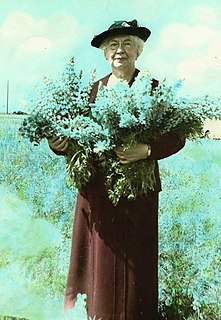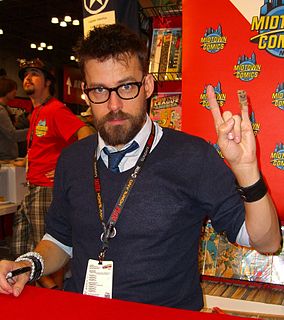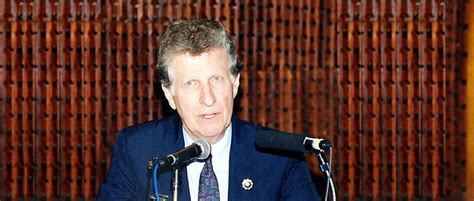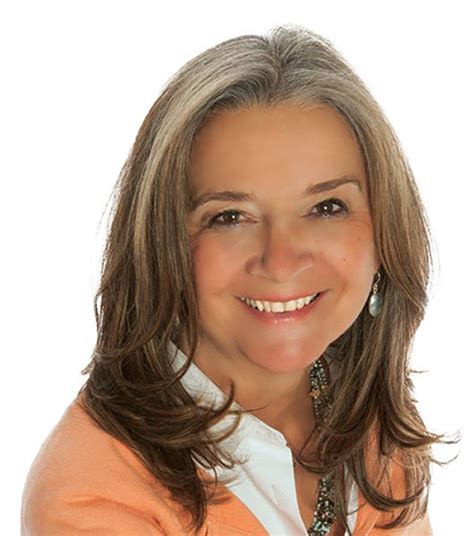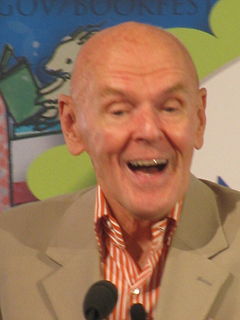A Quote by C. S. Lewis
I thought I could describe a state; make a map of sorrow. Sorrow, however, turns out to be not a state, but a process. It needs not a map, but a history, and if I don't stop writing that history at some quite arbitrary point, there's no reason why I should ever stop.
Related Quotes
Here's the truth you have to wrestle with: the reason that art (writing, engaging, leading, all of it) is valuable is precisely why I can't tell you how to do it. If there were a map, there'd be no art, because art is the act of navigating without a map. Don't you hate that? I love that there's no map.
Trying to maintain a pleasant state and avoid an unpleasant state is actually the cause of sorrow. When you stop resisting, you see that what seems frightening is actually the absolute beauty of reality. When you see that everything is a momentary display of reality, then you stop resisting it. Resistance hurts, only every single time. Love is the state of nonresistance.
Sorrow is God's plowshare that turns up and subsoils the depths of the soul, that it may yield richer harvests. If we had never fallen, or were in a glorified state, then the strong torrents of Divine joy would be the normal force to open up all our souls' capacities; but in a fallen world, sorrow, with despair taken out of it, is the chosen power to reveal ourselves to ourselves. Hence it is sorrow that makes us think deeply, long, and soberly.
Theology is like a map. Merely learning and thinking about the Christian doctrines, if you stop there, is less real and less exciting than the sort of thing my friend got in the desert. Doctrines are not God: they are only a kind of map. But that map is based on the experience of hundreds of people who really were in touch with God--experiences compared with which many thrills of pious feelings you and I are likely to get on our own are very elementary and very confused. And secondly, if you want to get any further you must use the map.
Sir, sorrow is inherent in humanity. As you cannot judge two and two to be either five, or three, but certainly four, so, when comparing a worse present state with a better which is past, you cannot but feel sorrow. It is not cured by reason, but by the incursion of present objects, which bear out the past.
Behind joy and laughter there may be a temperament, coarse, hard and callous. But behind sorrow there is always sorrow. Pain, unlike pleasure, wears no mask. ... For this reason there is no truth comparable to sorrow. There are times when sorrow seems to me to be the only truth. Other things may be illusions of the eye or the appetite, made to blind the one and cloy the other, but out of sorrow have the worlds been built, and at the birth of a child or a star there is pain.
September 11 We thought we'd outdistanced history Told our children it was nowhere near; Even when history struck Columbine, It didn't happen here. We took down the maps in the classroom, And when they were safely furled, We told the young what they wanted to hear, That they were immune from a menacing world. But history isn't a folded-up map, Or an unread textbook tome; Now we know history's a fireman's child Waiting at home alone.



